The Jeju Nonghyup Agricultural Cooperative Federation said on November 16 that the Public Seasonal Labor Program, in which local cooperatives hire workers from Nam Dinh Province (Vietnam) under an agreement with the Jeju Provincial Government, then connect with farms in need of workers, has been piloted at the Wimi Village Agricultural Cooperative in Jeju since 2023.
This pilot program will be conducted for 5 months, from November 2023 to March 2024. 41 workers from Nam Dinh province were assessed to perform tasks such as harvesting tangerines, fertilizing and pruning plants well beyond expectations.
In 2024, the Wimi Village Cooperative in Jeju, other cooperatives Jeju Gosan and Daejeong Nonghyup also participated in this program, accordingly, a total of 110 Vietnamese workers including 40 men and 70 women went to work for 5 months in the winter vegetable and tangerine harvest.
In 2025, in addition to the participating cooperatives, Jocheon Nonghyup, Hallim Nonghyup and Seogwipo Nonghyup cooperatives will also join, bringing the total number of cooperatives participating in the Seasonal Labor Program to 6 units. Currently, there are a total of 230 Vietnamese workers (99 men, 129 women) participating in the Seasonal Labor Program in Jeju.
The stay of Vietnamese workers is also extended, depending on the cooperative, from a minimum of 5 months to a maximum of 8 months. Workers take care of fruit trees including citrus and vegetables such as broccoli, kohlrabi, corn, onions, cabbage and radish.
Agricultural cooperatives focusing on summer field crops plan to hire Vietnamese workers from June to December, while cooperatives growing tangerines and winter vegetables will hire workers from October to April next year.
For the Seasonal Worker Program in 2026, six more cooperatives are expected to register to participate, including Aewol Nonghyup, Hyodon Nonghyup, Jungmun Nonghyup, Jeju Namwon Nonghyup, Seongsan Ilchulbong Nonghyup, and Jeju Citrus Nonghyup, thereby doubling the number of cooperatives hiring Vietnamese workers.
The Public Temporary Worker Program is implemented in the following way: Local governments are responsible for the operation, management of the program, and immigration management. The Korea Agricultural Cooperative Federation performs overall tasks such as concluding labor contracts, managing accommodations, allocating labor to farms, and paying wages. Farms only need to pay for the use of the labor allocated to Nonghyup.
The program received 100 million won ($68,500) in support from the South Korean government and local governments, plus additional support of 40 to 60 million won from city administrations.
A leader of the Jeju Agricultural Cooperative Federation said that young foreign workers are efficient and labor costs are relatively lower than domestic workers. Therefore, more and more farms will want to hire foreign workers. Jeju agriculture is now in a situation where foreign workers are indispensable. Sources said that in order to build a stable agricultural labor supply system, Jeju province extended its cooperation contract with Nam Dinh province (Vietnam) for another 2 years last March.
The province is also pushing for the signing of a cooperation agreement (MOU) with Cambodia to diversify the countries supplying seasonal workers. It is expected that the reception of human resources from Cambodia will begin in 2026.
Source: https://baotintuc.vn/xa-hoi/lao-dong-viet-nam-lam-viec-theo-thoi-vu-tai-tinh-jeju-tang-manh-20251117121814580.htm





![[Photo] General Secretary To Lam and National Assembly Chairman Tran Thanh Man attend the 80th Anniversary of the Traditional Day of the Vietnamese Inspection Sector](https://vphoto.vietnam.vn/thumb/1200x675/vietnam/resource/IMAGE/2025/11/17/1763356362984_a2-bnd-7940-3561-jpg.webp)




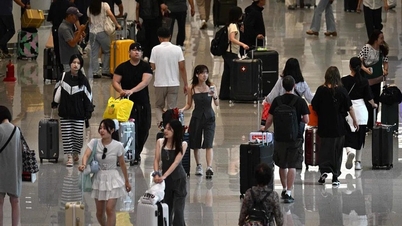


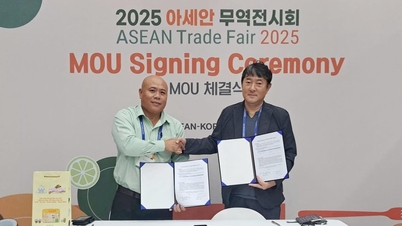

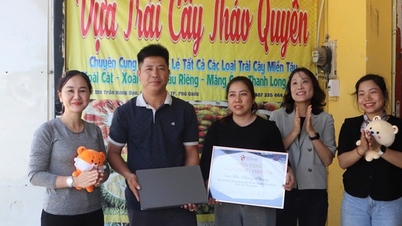



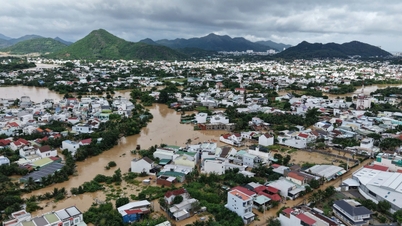



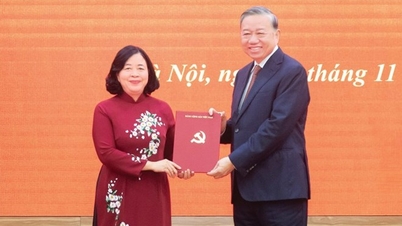


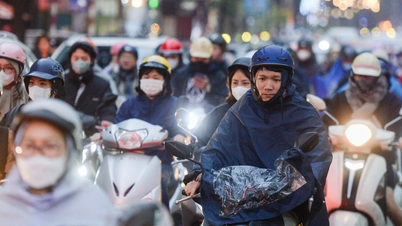

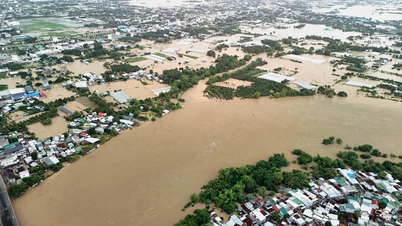






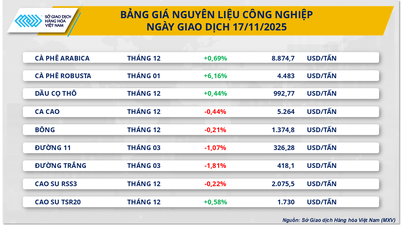

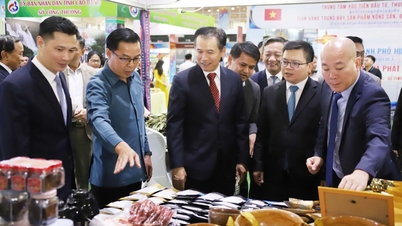




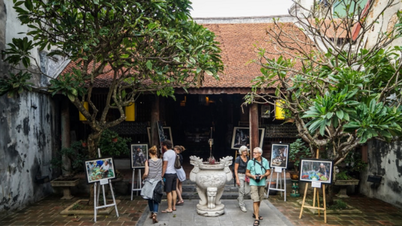































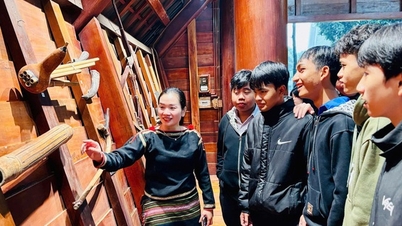








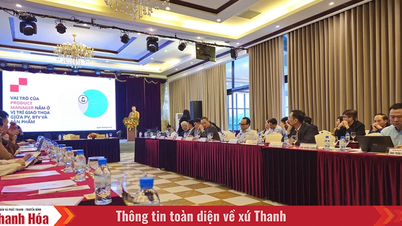







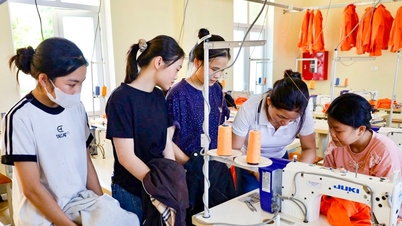









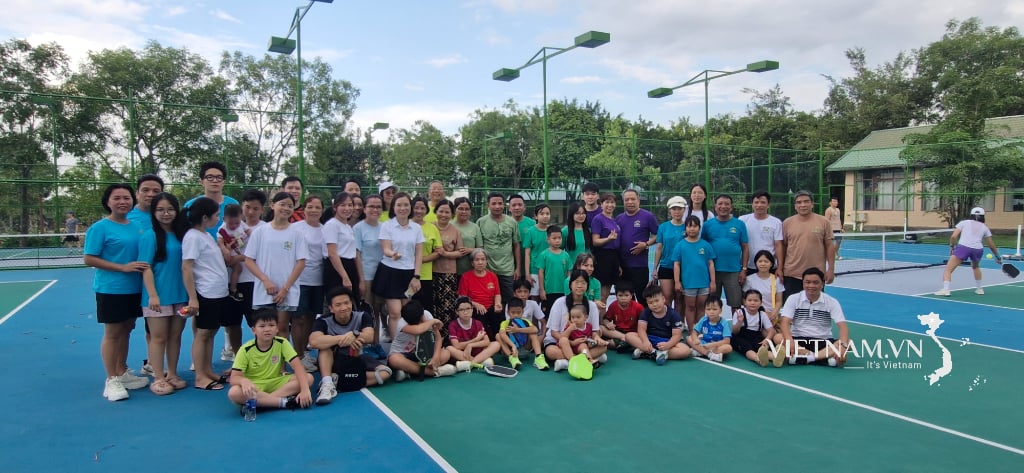
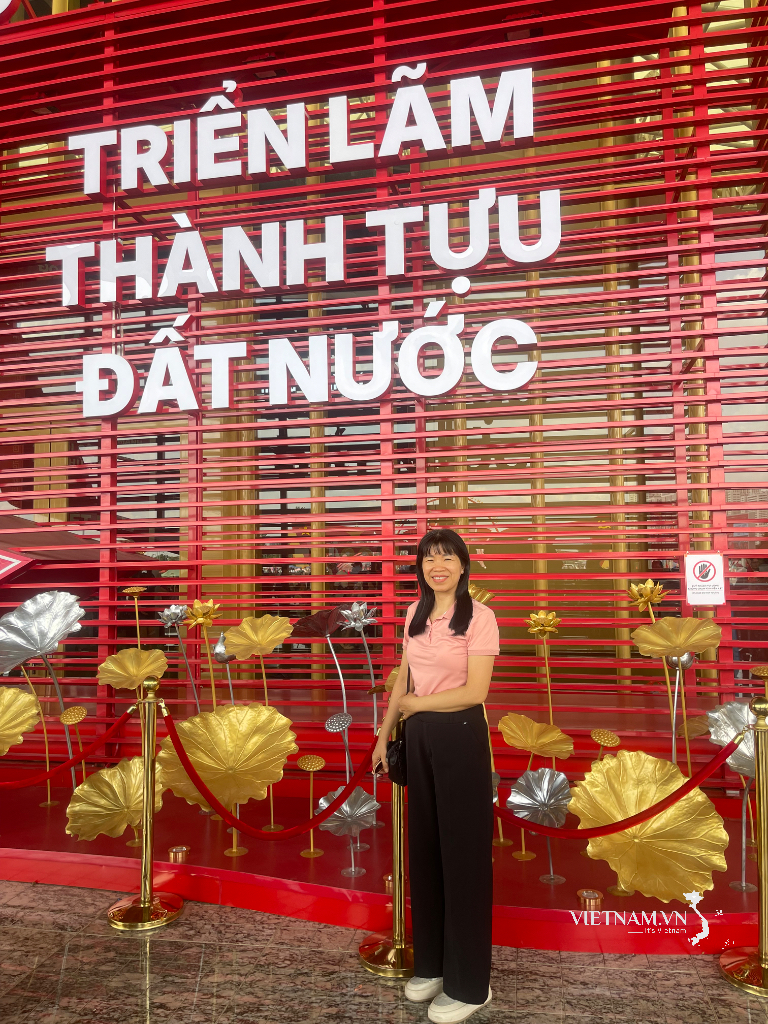

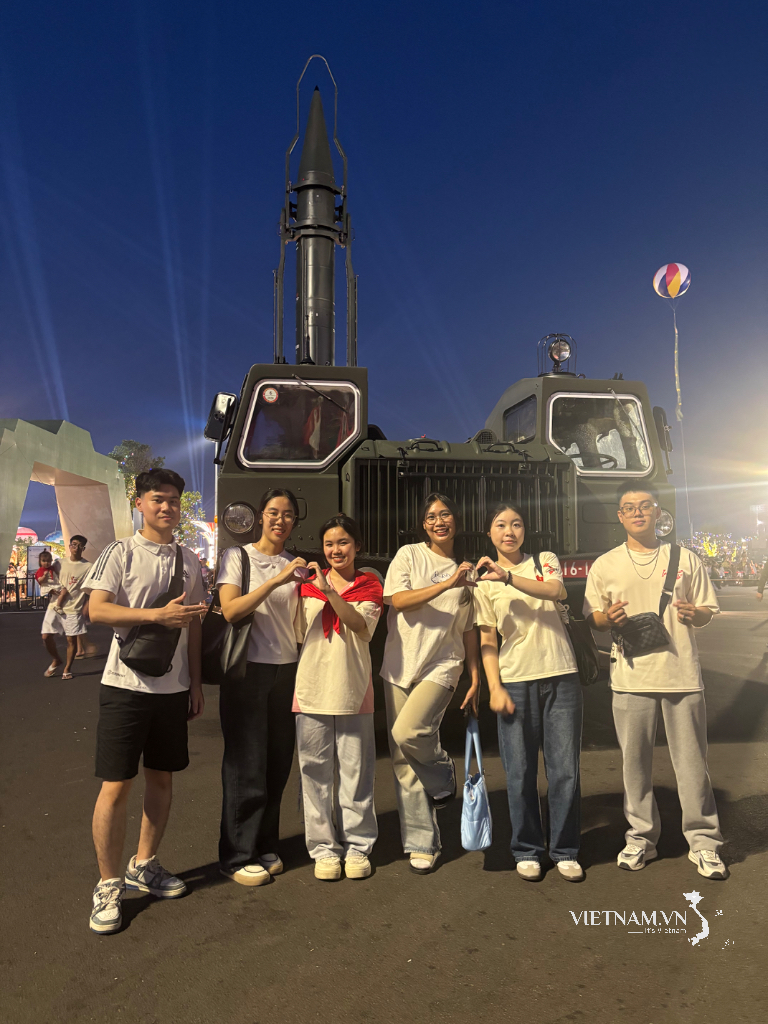
Comment (0)